Watering Your Air Plants: The Dunk Method
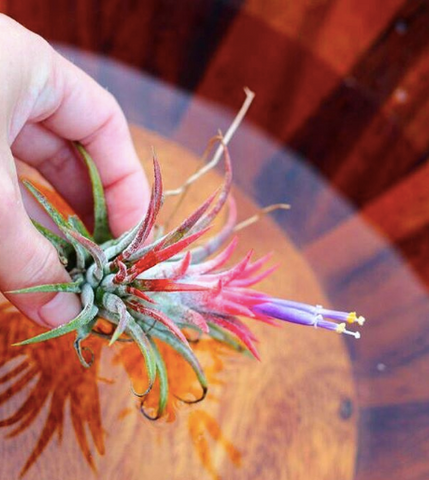
One of the most important aspects of keeping your plants healthy and happy is to make sure that they receive adequate water. Many people think that because these little guys are called “air plants” that they don’t need water to survive. Sorry guys, they aren’t that low maintenance. They still need water to thrive and grow!
There are a few different ways that you can water your plants depending on what kind of plant they are and where you live in the country. Today we are going to spotlight the dunking method.
This is a great method to use for plants that need less water, such as the xerographica air plant that is used to living in a drier desert like conditions. This can also be used for other “xeric” varieties such as the duratii and other plants that prefer less water and more sun.
To begin, grab a bucket or a large bowl and fill it with water. While rain or pond water is the preferred choice, tap water works too, provided you've allowed it to sit out for a while to let any chemicals dissipate. It's crucial to avoid using distilled water, as its purity can actually strip the nutrients from the plants. Similarly, steer clear of artificially softened water, which often has a high salt content that Tillandsias don't appreciate. Once you have your water ready, it's time to dunk your air plant. Submerge it in the water a few times, ensuring it gets fully wet, and then gently shake out any excess water. After the dunking session, let the plant dry upside down for a few hours. This ensures that no water collects in the base of the leaves, preventing potential issues. Before returning your air plant to its planter or terrarium, make sure it's completely dry.
We also recommend dunking plants that are in bloom because you want to take care to not get the bloom wet. In this case, gently submerge the bottom of the plant, be careful to not get the bloom wet, and then shake out any excess water.



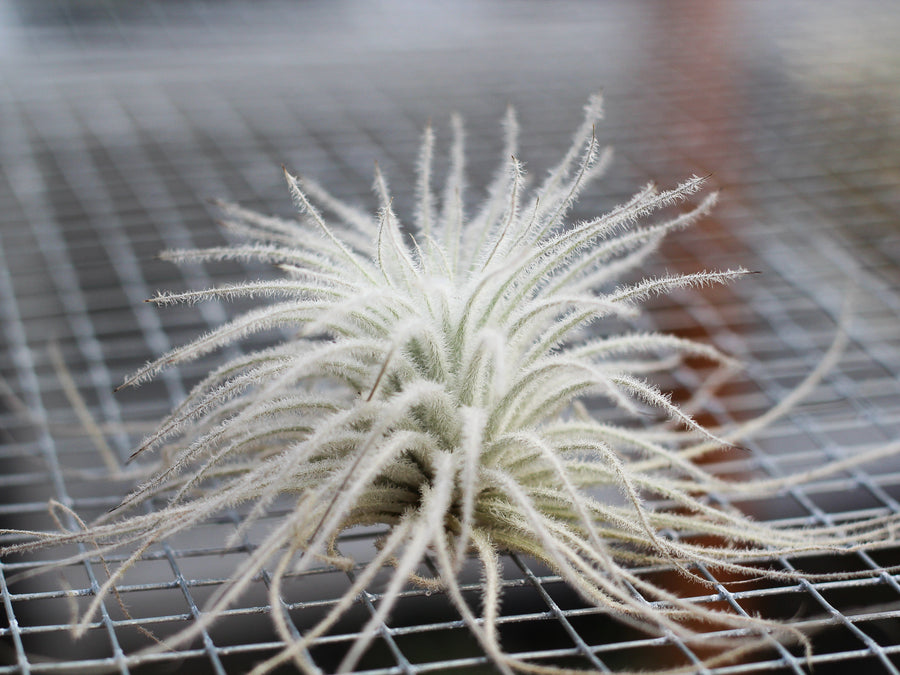
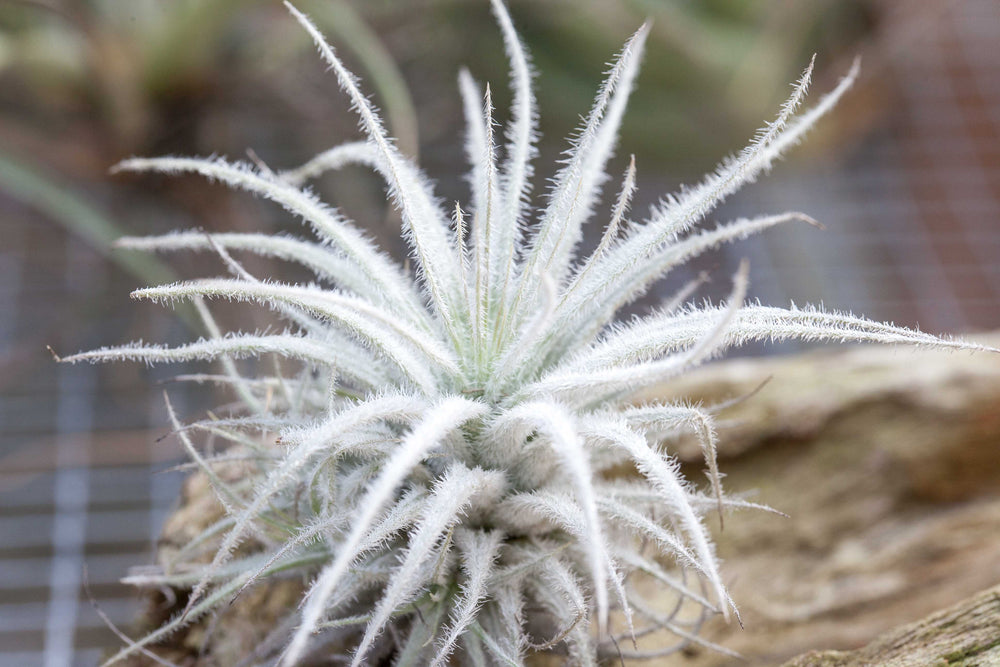
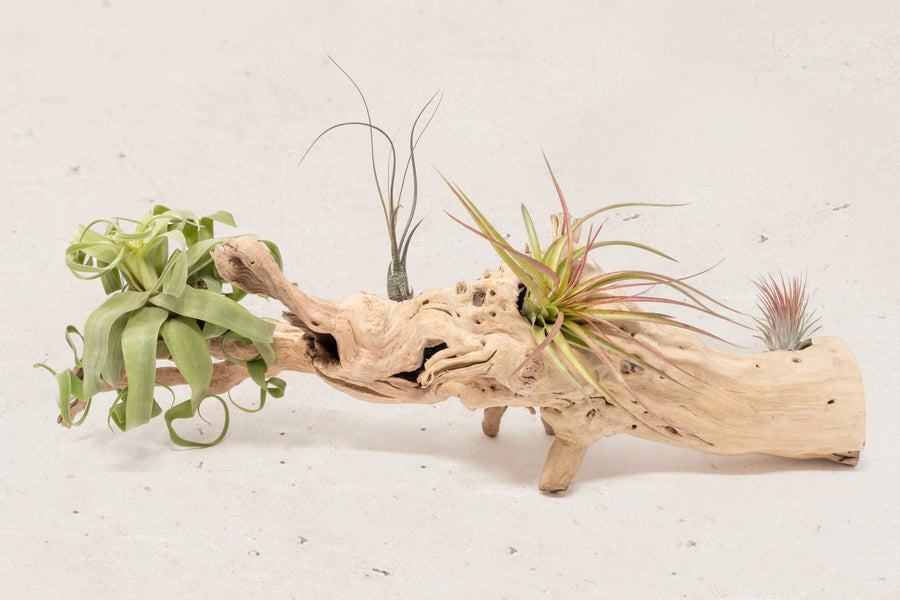
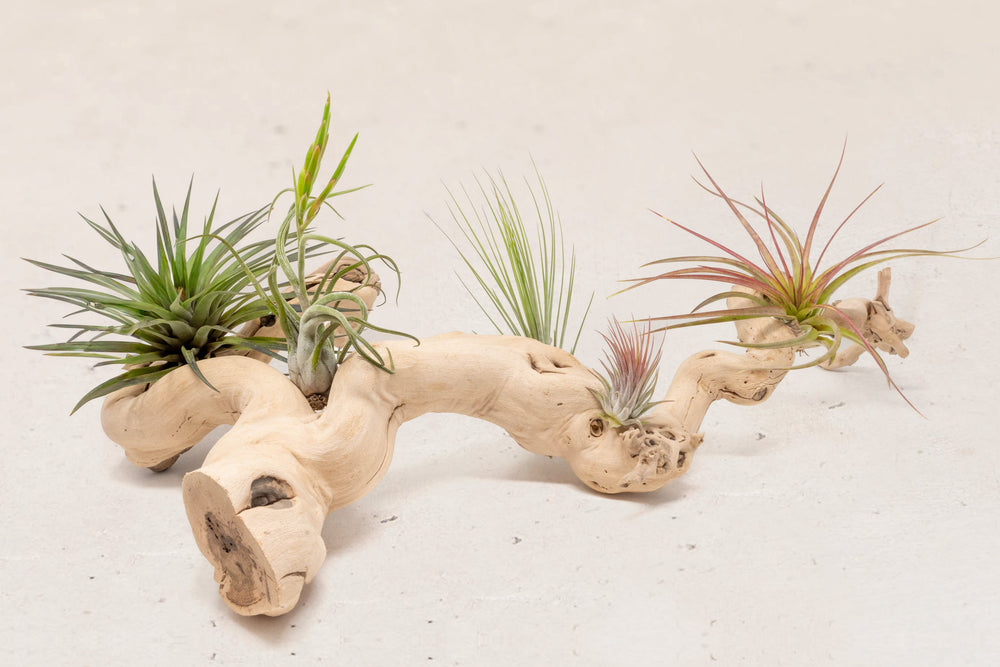
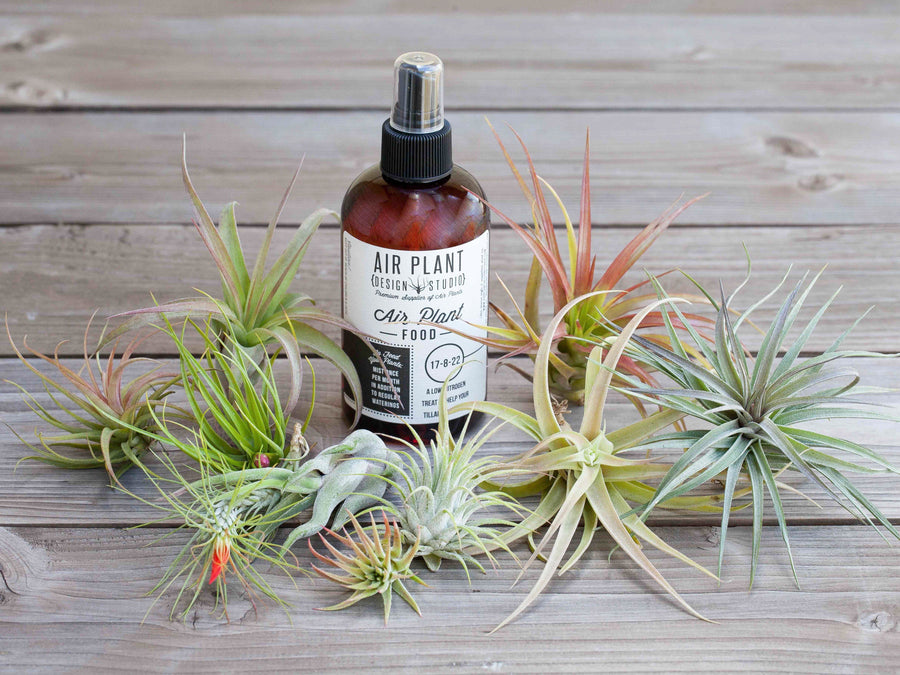
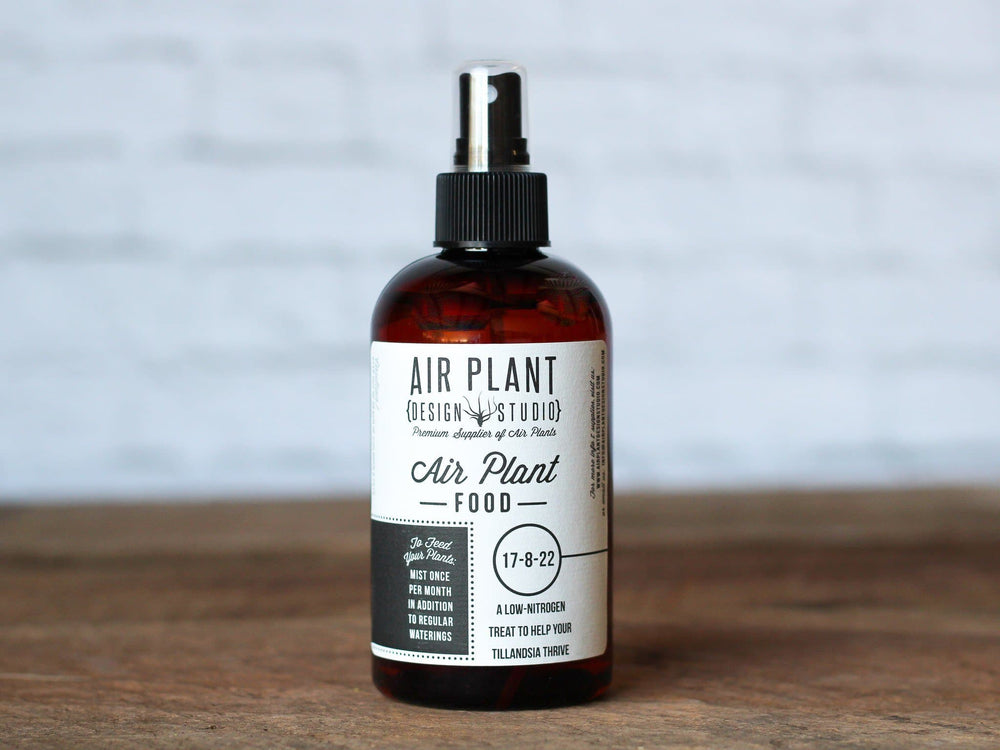
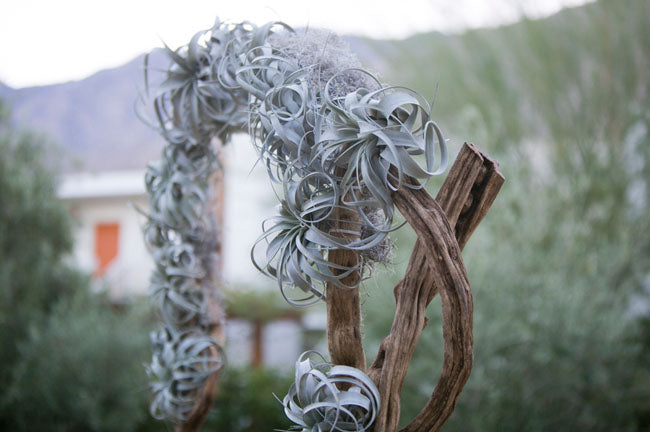
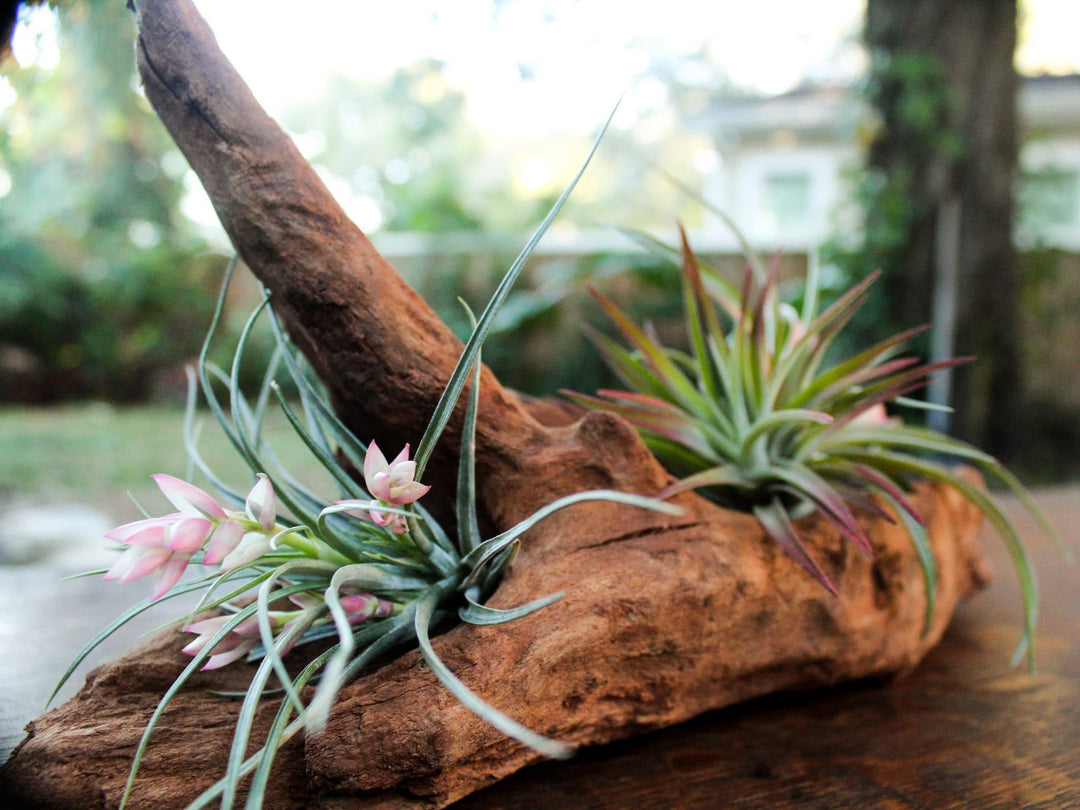
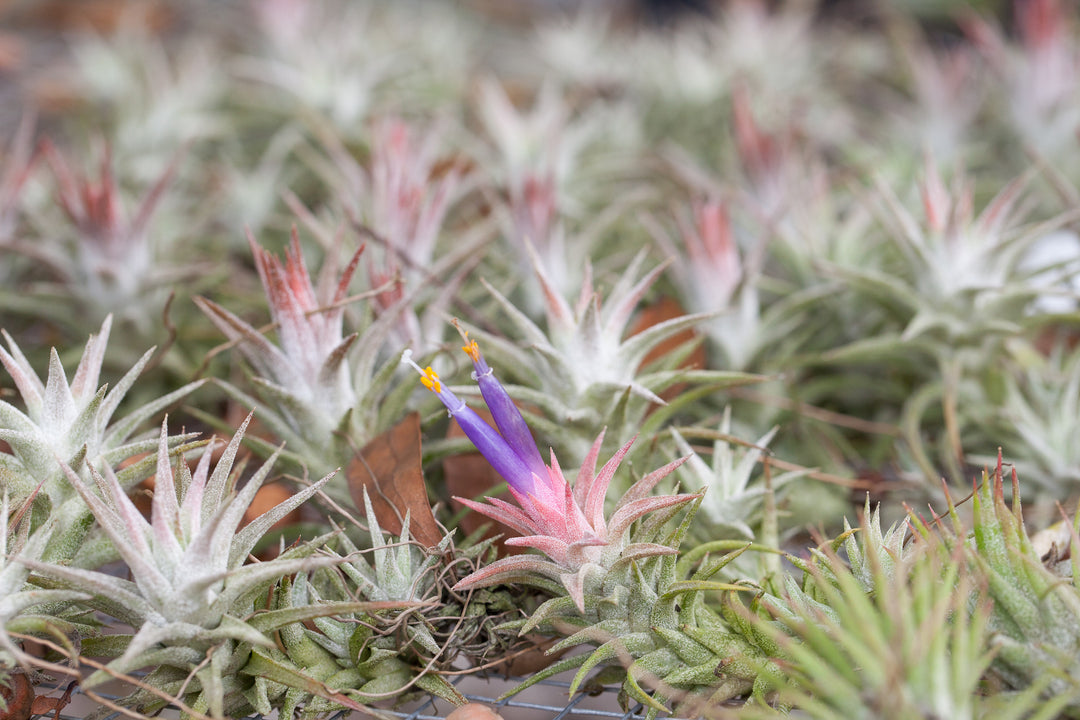
Leave a comment